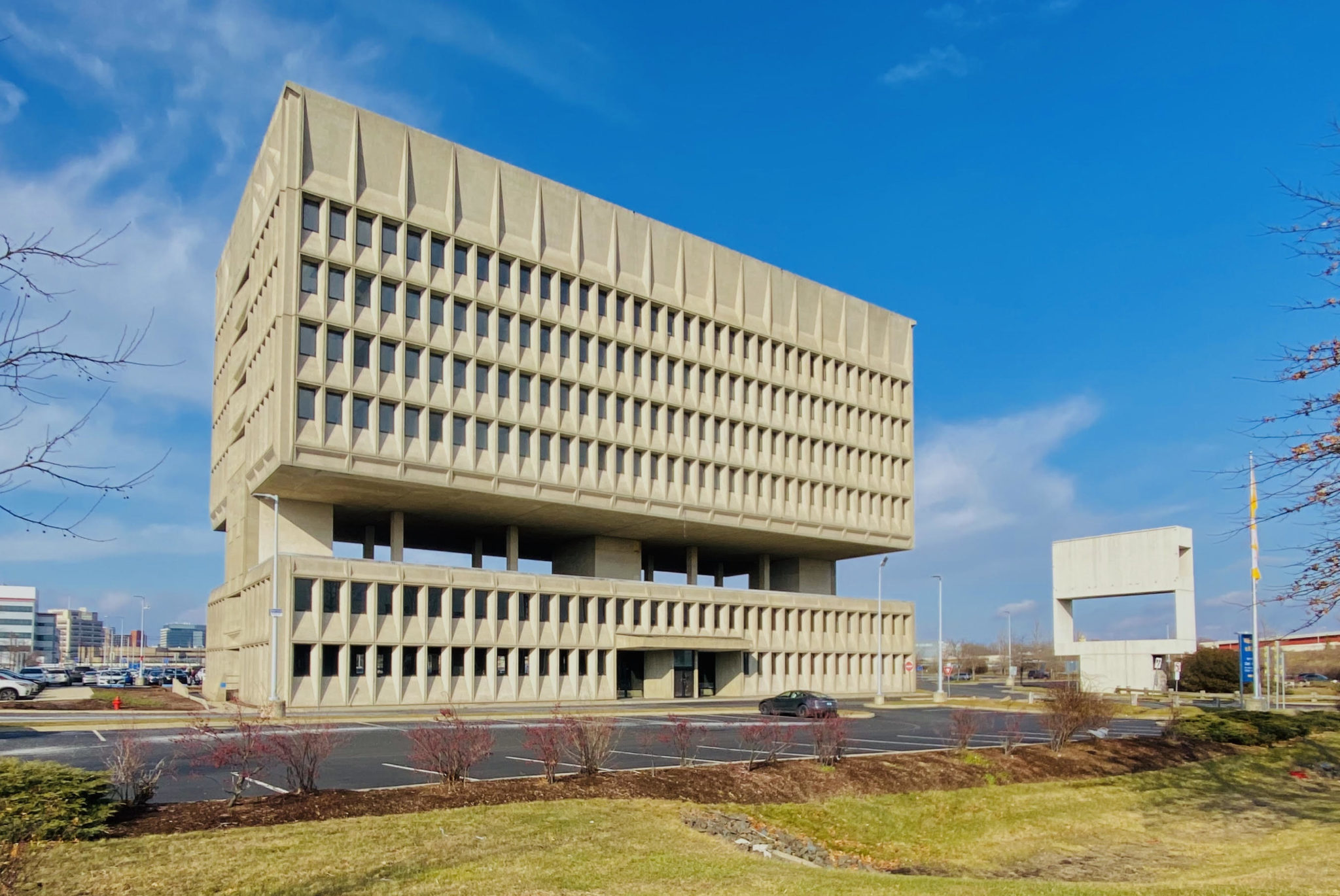
Courtesy of Becker and Becker
Bruce Becker SOM ’85, ARC ’85, the developer behind the mixed-use apartment complex 360 State Street, purchased the brutalist Pirelli Tire Building on Sargent Drive earlier this month with the hopes of converting the space into a hotel.
The building, sold by IKEA for $1.2 million after sitting unoccupied for 17 years, was completed in 1968 and represents a high point for the city’s brutalist architecture. Just over 50 years later, the building had become best known as the vacant eyesore beside the IKEA off of Interstate 95. The planned hotel will join a rapidly growing slate of newly opened hotels in the Elm City. City planners and hotel owners anticipate the Elm City’s next luxury hotel will add fuel to New Haven’s upscale hotel boom. The plans add to a burgeoning hotel renaissance in Elm City, along with the recent openings of the Graduate and Blake Hotels. The Pirelli hotel will also be an important first, becoming the first Passive House-certified hotel — which means it will be constructed to conserve energy, but Becker aims for it to use no fossil fuels — in the United States.
“What Becker is planning at the Pirelli site is very much in keeping with the city’s economic vision as well as marketplace demand in New Haven,” City Economic Development Advisor Michael Piscatelli told the News in an interview. “This is an important milestone for the city, to have [the Pirelli Building] return to active use. For a long time New Haven has not had a robust hotel supply … that’s very important because we could lose that indirect economic gain to other cities.”
Becker said the redevelopment of the Pirelli building will address the demands of a growing market. He cited hospitality industry statistics firm STR in noting that average occupancy in the New Haven hotel market is at 78.4 percent, 12.2 points higher than the national average. Becker said he anticipates that the Elm City’s hotel market will evolve similarly to its apartment market. Based on his experience with his last project at 360 State Street, Becker anticipates the growth will be “accretive”; the market will expand as New Haven grows, including room for more hotels purveying a variety of experiences.
For Becker, next steps include finding a hotel chain willing to form a soft partnership. Architecturally, he hopes to maintain the Pirelli building’s brutalist forms while enhancing the guest experience with nods to Bauhaus design elements. Becker, who characterizes his development career as environmentally conscious, also intends to renovate the building to make it Passive House-certified. Instead of using fossil fuels, the structure will have all-electric mechanical systems powered by on-site renewable sources, Becker said.
“For visitors to New Haven and the region who are interested in modern art and architecture, as well as environmental sustainability, we will offer something very special,” Becker said.
The city of New Haven appraises the Pirelli building at $37,012,900, according to city records.
John Besche | john.besche@yale.edu
Correction, Jan. 21: This article has been updated to accurately reflect Salvatore’s position at the Blake. This article was also updated to clarify the definition of passive house.







